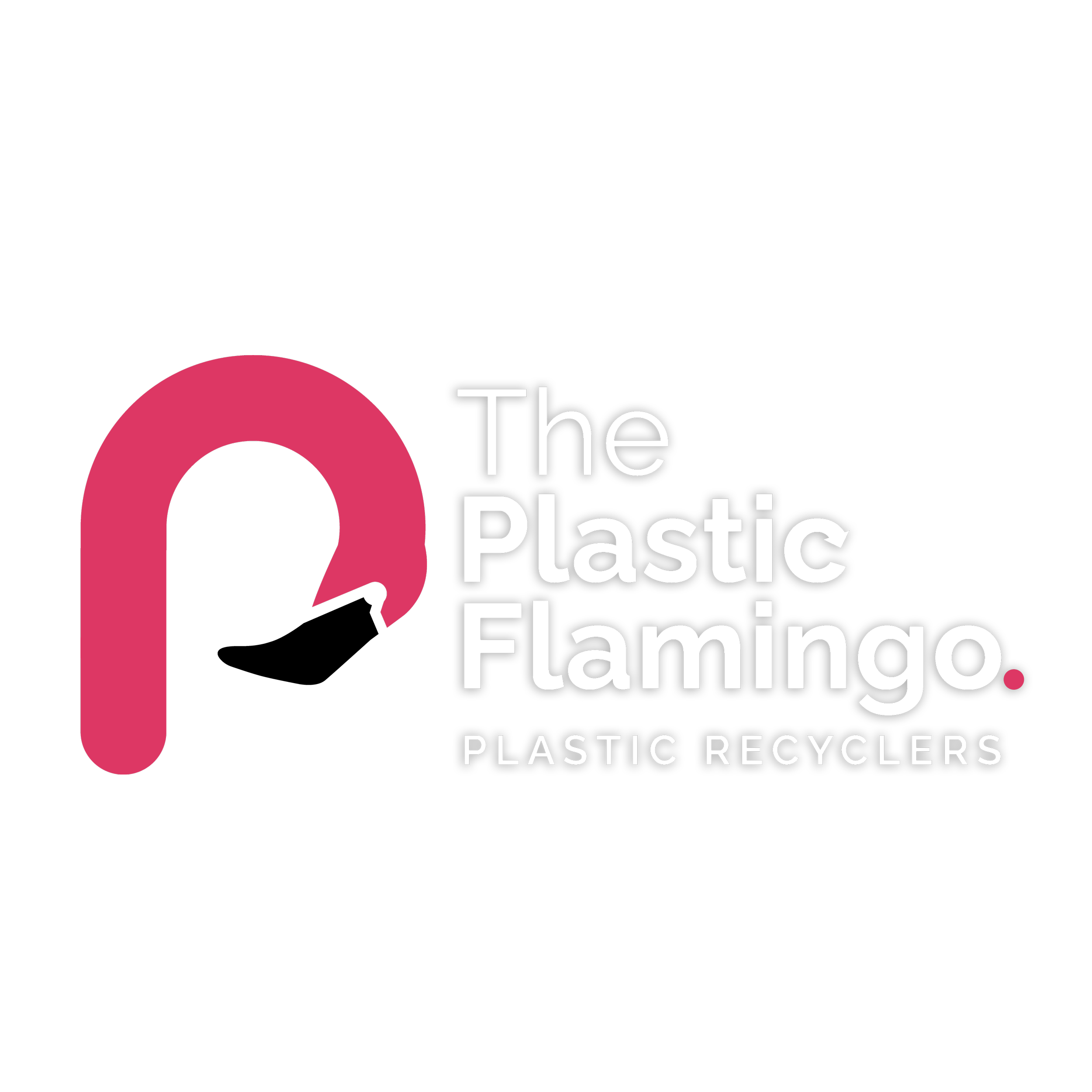Adding to Cart or Adding to Plastic Pollution?
As the Philippines enters the new year, let’s not lose hope in what we can achieve despite the setbacks of the previous year.
The plastic crisis can be stemmed only through collective action that engages every stakeholder and allows them to collaborate.
5 minutes read.
Our mission is to reduce plastic pollution with maximum impact.
Exceptional increase in plastic waste
The COVID-19 pandemic has radically transformed people’s way of life and upended various systems governing our society.
In particular, systems dealing with the management of plastic waste have faced serious roadblocks that have exacerbated the plastic crisis in the Philippines, as well as in other countries in Southeast Asia.
In the plastic waste value chain, an exceptional increase in plastic waste has further pushed waste management systems in the country to their limit.
For instance, medical waste, such as personal protective equipment (PPE) and other medical care essentials, has surged.
The Asian Development Bank estimated last April 2020 in a technical note entitled Managing Infectious Medical Waste during the Covid-19 Pandemic that hospitals in Metro Manila would produce around 240 to 280 tonnes of medical waste per day, compared to the estimated 47 tonnes generated daily pre-pandemic.
Municipalities struggle to accommodate medical waste into their waste systems as they must also deal with general waste. While such medical items are essential, medical waste is hazardous. If it is improperly managed during its end-of-life, it creates problems of its own, especially to waste pickers who parse through waste dumps often without PPE.
Additionally, household waste has also increased as many families have relied on either food deliveries or relief goods, which often come with single-use plastics. Furthermore, as customers pivot to online shopping in the comfort of their homes, the growth of e-commerce sales relative to previous years has been staggering.
However, this has also led to an unfortunate increase in plastic packaging that more often than not ends up immediately in the consumer's trash bin as soon as the package is opened.
Aside from the upstream increase in plastic waste, recyclers in the Philippines and other countries in Southeast Asia have also been struggling to operate amid the pandemic.
Recycling value chains in Southeast Asia have affected by the global pandemic
The Plastic Flamingo participated in a report that Circulate Capital, an “investment management firm dedicated to financing innovation, companies, and infrastructure that prevent the flow of plastic waste into the world's ocean while advancing the circular economy”, commissioned, which is entitled Safeguarding the Plastic Recycling Value Chain: Insights from COVID-19.
The report assessed how the global pandemic affected the capacity of recycling value chains in Southeast Asia, particularly those in Indonesia, Philippines, Vietnam, Thailand, and India, to collect, clean, and process plastic waste.
The report identified several major impacts of COVID-19 on plastic recycling, including but not limited to, shut down or reduced operations of recyclers because of government-imposed lockdowns, the decrease in the sales prices of recycled plastic, and the loss of waste pickers who have resorted to alternative means of livelihoods.
The Plastic Flamingo will help close the loop, transforming plastic waste into a valuable resource.
Knowing how the pandemic has set back efforts to deal with plastic pollution, The Plastic Flamingo has doubled down on its commitment to tackling the plastic crisis in the Philippines. Despite the impact of COVID-19 on various stakeholders in the plastic waste value chain,
The Plastic Flamingo expanded its collection point network, strengthened its partnerships with major organizations, and finally set up its recycling facility and plastic workshop in the south of Metro Manila - all during the pandemic.
The social enterprise’s growth would not have been possible without the support of The Alliance to End Plastic Waste and their belief in its mission, which is to tackle marine plastic pollution with maximum social impact, through the project called Planks of Promise.
This 2021, The Plastic Flamingo will bring to market its eco-lumbers made entirely of plastic waste, which can be used to build beach decks, furniture, and emergency shelters. With these products,
While the COVID-19 pandemic has, to some extent, led to an increased reliance on plastic, both individuals and companies should acknowledge their concurrent responsibility to mitigate their environmental impact. As the Executive Director of Greenpeace US, Annie Leonard, said: “there is no such thing as ‘away’. When we throw something away, it must go somewhere”.
Individuals should be conscious of the environmental impact of their choices and therefore strive to adopt more eco-friendly alternatives and dispose of their plastic waste responsibly. For instance, thanks to the Plastic Flamingo, there are several drop-off points in Metro Manila where individuals can drop-off their plastic waste.
Meanwhile, companies should also provide more affordable and sustainable products that allow more consumers to make the switch. For instance, FMCG companies should invest in research and technology that incorporates circular design principles into their products so that they can be transformed into an additional resource that no longer ends up in landfills or in the oceans.
In the grander scheme of things, companies should seriously commit to their targets to minimize their harmful environmental impact, instead of using such initiatives to merely greenwash their brands.
With the lessons of 2020 in mind, 2021 can become a year of restoration and regeneration, while reinventing our former systems into something more sustainable for all.



